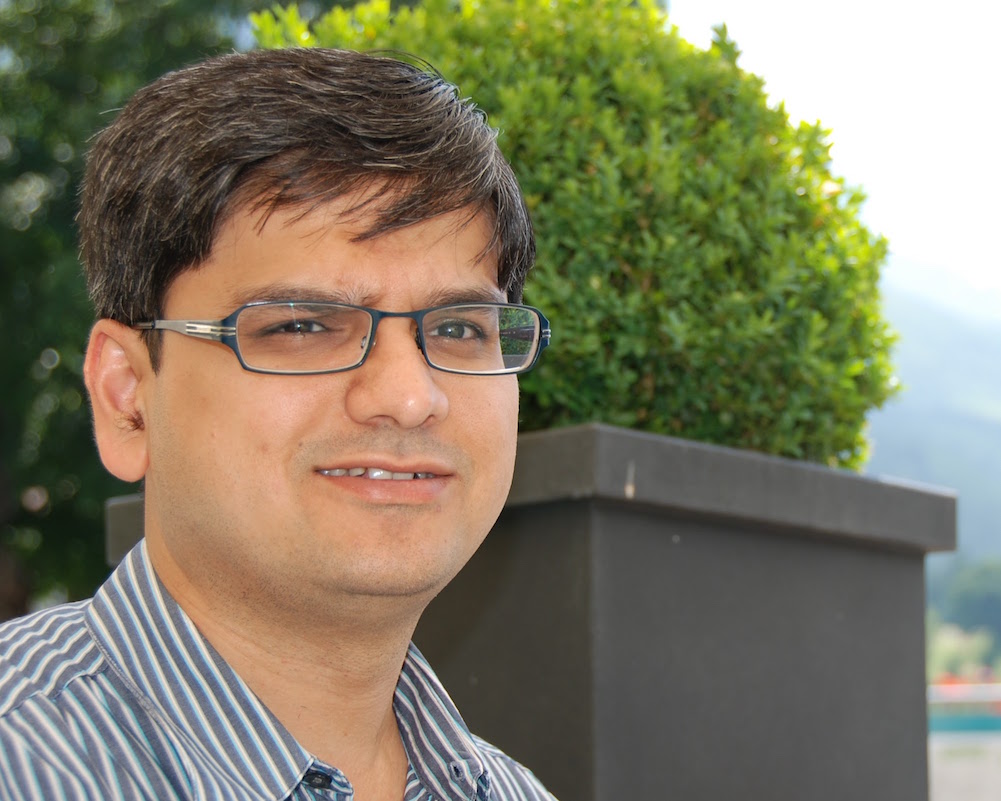MATLAB is a popular language for numerical computation. This course introduces students to MATLAB programming, and demonstrate it’s use for scientific computations. The basis of computational techniques are expounded through various coding examples and problems, and practical ways to use MATLAB will be discussed. By the end of this course, students would:
We will use MATLAB in this course. Course lectures, practice problems and assignments will use MATLAB.
MATLAB Online is a fully-featured browser-based version of MATLAB. With support from MathWorks, access to MATLAB Online is provided free-of-cost to all the enrolled students for the duration of this course.
This is an introductory course, targeted towards scientists and engineers interested in using MATLAB programming for numerical computations. Examples taken in this course will be of generic interest to a wide range of students.This is a hands-on (like a laboratory) elective course. Intended audience include undergraduates, people with BE / ME / MS / MSc degrees; The course may be useful for PhD students also.
The students for this course are expected to know basics of linear algebra and calculus, at 12th standard level. These are also covered in Introductory Math course for Engineers (typically done in first year).
This course is intended to be practical (laboratory) course. Some prior background in programming will be useful, though not required. Likewise, students who have either completed or are currently doing “Numerical Methods” / “Computational Techniques” will find it easier to follow this course. Theoretical aspects of methods covered in this lab can be found in NPTEL course on "Numerical Methods for Engineers" (https://nptel.ac.in/courses/127106019).
| Course Status : | Completed |
| Course Type : | Elective |
| Language for course content : | English |
| Duration : | 12 weeks |
| Category : |
|
| Credit Points : | 3 |
| Level : | Undergraduate/Postgraduate |
| Start Date : | 23 Jan 2023 |
| End Date : | 14 Apr 2023 |
| Enrollment Ends : | 06 Feb 2023 |
| Exam Registration Ends : | 17 Mar 2023 |
| Exam Date : | 29 Apr 2023 IST |
Note: This exam date is subject to change based on seat availability. You can check final exam date on your hall ticket.
The course will be covered in twelve modules. Various aspects of MATLAB programming for numerical computation will be covered in these modules, with each module dedicated to an equivalent numerical topic. There will be self-study problems and graded assignment problems given each week, which are to be solved using MATLAB. The course plan is:
Ordinary Differential Equations (ODE): Explicit ODE solving techniques in single variable will be covered in this module.
ODE-IVP in Multiple Variables: This module will cover ODE solving in multiple variables, stiff systems, and practical problems. The importance of ODEs in engineering is reflected by the fact that two modules are dedicated to ODEs.
Regression and Interpolation: The focus will be practical ways of using linear and nonlinear regression and interpolation functions in MATLAB.
ODE-BVP and DAE: ODE-Boundary Value Problems; Differential Algebraic Equations
Partial Differential Equations (PDEs): Practical ways of solving Hyperbolic and Parabolic PDEs
Bringing it all together: Optimization andSolving interesting computational problems by bringing together multiple concepts
Update: Based on feedback from previous students, Final Exam will be based on the material covered in the first nine weeks of the course. Assignments will continue to be given in the last three weeks. This allows learners to "digest" the material and perform well in the exam.
This course was first introduced as an eight-week course in 2016. With feedback from students, this course was expanded to twelve-week (three credits) course in 2023. Some new aspects have been introduced and additional video lectures have been added to better explain some important concepts.
Thanks to the support from MathWorks, enrolled students have access to MATLAB for the duration of the course.

Prof. Niket Kaisare is a Professor of Chemical Engineering in IIT-Madras. He works in the area of modeling, design and control for energy applications. He has over ten years of research/teaching experience in academia, and three-year experience in Industrial R&D. He uses computational software, including MATLAB, FORTRAN, Aspen and FLUENT extensively in his research and teaching.
Faculty web-page: http://www.che.iitm.ac.in/~nkaisare/
DOWNLOAD APP
FOLLOW US